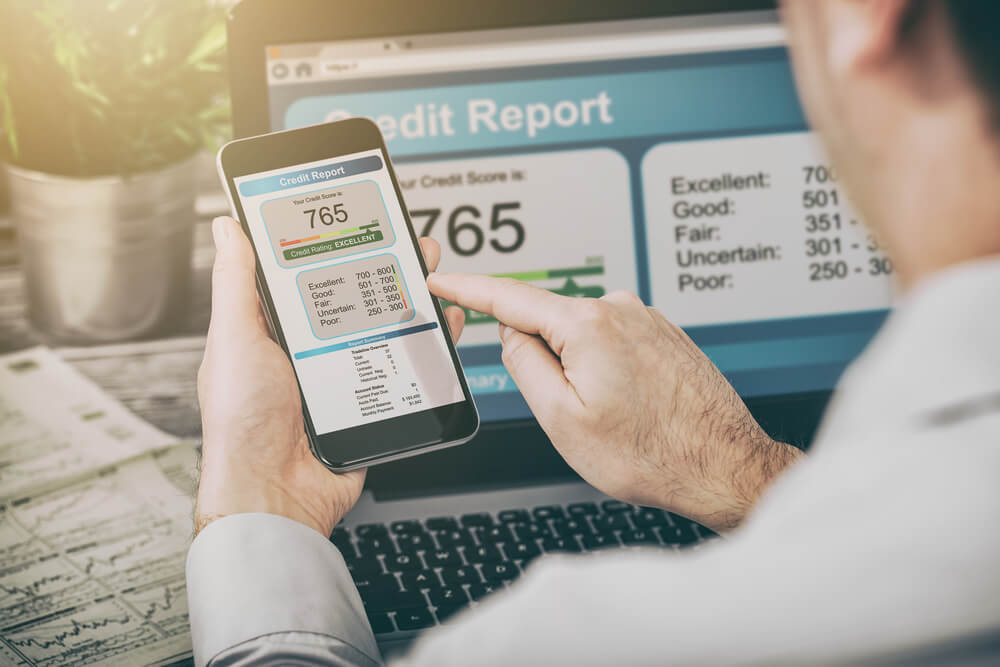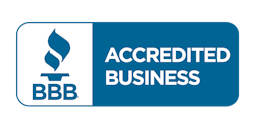
8 Ways to Quickly Boost Your Credit Score
Topic - Credit cards
Published by Greensprout Team | 10/20/22
Greensprout.com is an independent, advertising supported comparison website. The products or offers that appear on this website are from third party partners and advertisers from which Greensprout.com receives compensation.
Use these simple tips to quickly raise your credit score and increase your chance of approval for future loans and credit cards.
Raising your credit score is a win-win scenario, regardless of where your score stands now. If you have a low to moderate credit score, these tips can help you see a significant increase in it. If you already have good to excellent credit, it doesn't hurt to boost your score even more if you haven't already tried these methods.
1. Understand your credit utilization.
Credit utilization refers to the percentage of your credit limit that you are using. For example, if your card has a $10,000 limit and you currently have $2,500 in balance, then you are at 25% credit utilization.
The rule of thumb is to try to never exceed 30% credit utilization. Now, that doesn't mean you cannot use your credit card for a large purchase that might exceed 30%; however, you should try to pay down the balance below 30% before your card issuer makes their monthly report to the credit bureaus, which happens when your monthly billing cycle ends. Research has found that people with the highest credit scores average less than 7% credit utilization across their cards.
2. Make your payments on time.
One of the most damaging things to a credit score is late payment. In fact, a late payment can negatively impact your credit report for as long as 7.5 years. It is critical that you make your payments on time, and if you must make a payment late, then work as hard as you can to get the account paid up as soon as possible. If your payment is late by only a short amount of time, you can always call the creditor and request that it not be reported. The creditor won't always comply, but it is worth trying.
3. Clear up any collections you have.
If you have any old accounts in collection that show up on your credit report, investigate them immediately. Sometimes the accounts are simply mistakes and can be cleared up and removed from your report. Other times, they are accounts that you forgot you had but you are still responsible for. If you have such accounts, contact the collection agency to stop reporting them as debts once they are paid off, and pay them off as soon as you can.
4. Increase your credit limit.
If you qualify for a credit limit increase, it will instantly reduce your credit utilization percentage (assuming your balance stays the same). You will likely quality for a credit limit increase if your income has increased and/or your credit score has improved since you initially applied for your card. Once your limit increases, resist the urge to spend more and try to keep your credit utilization percentage as low as possible.
5. Piggyback on someone else's good credit.
Do you have a family member, relative, or friend with exceptional credit, a high credit limit, or a long history of on-time payments? If so, then you can greatly benefit by being added as an "authorized user" to one of their cards. Of course, this requires a significant amount of trust between yourself and the owner of the card; however, the card owner doesn't actually need to give you a card for you to benefit from this method, so there is minimal risk to them. Just being named as an authorized user of their card will extend their credit limit to be used in your credit utilization calculation, and a history of good payments will further benefit your score.
6. Fix errors on your report.
Once you have your credit reports in hand, carefully examine any and all accounts that are lowering your score. Sometimes mistakes are made, such as a payment marked late when you can prove that it was actually made on time. Clearing up small mistakes like this can help increase your score. Other types of mistakes might happen when someone with the same or a similar name accidentally has their activity reported under your name. Clear up any mistakes you find as soon as possible.
7. Report your rent and utility payments.
Not every credit scoring model considers rent payments, but some do. You can use a rent reporting service to include your rent payments on your credit report. Even if this does not directly increase your score, it helps when a potential lender sees a record of on-time payments. In addition to rent, Experian Boost can report payments to your phone, utility, and other monthly payments from your bank account, which in turn can help increase your score under certain scoring systems and establish additional payment history for potential lenders.
8. Get a secured credit card.
This method is generally used by people who are building credit for the first time or who have low to bad credit and are trying to build it back up. A secured card means you put up a cash deposit to "secure" the card, which is held by the lender. Then, you use the card just as you would any other card, with all the same rules regarding credit utilization and making on-time payments still applying. This can help you establish a good payment history when you are just getting started.
The lower your credit score, the more significant an increase the methods discussed here will have on it. And even if you have good credit, it never hurts to improve it, so use all these tips to your advantage.
Greensprout Newsletter

Yes! I want to recieve smart money tips and exclusive offers from Greensprout Team!
By submitting this form you agree to receive emails from Greensprout and to the privacy policy and terms.
Latest Stories
Published by Greensprout Team | 01/13/24
Published by Greensprout Team | 01/13/24
Zero-Day Options: Fast Profits or High Stakes? Here’s What You Need to Know
As Seen On













